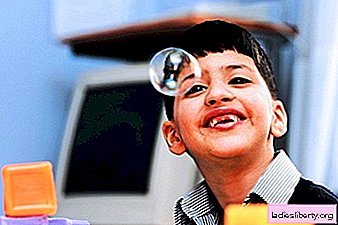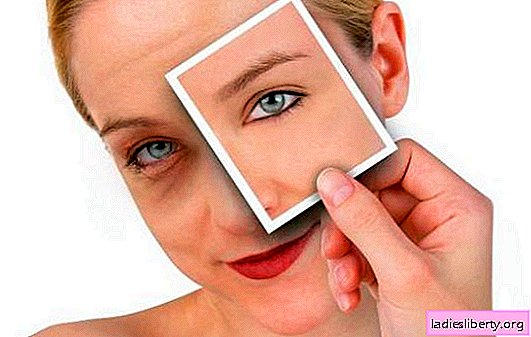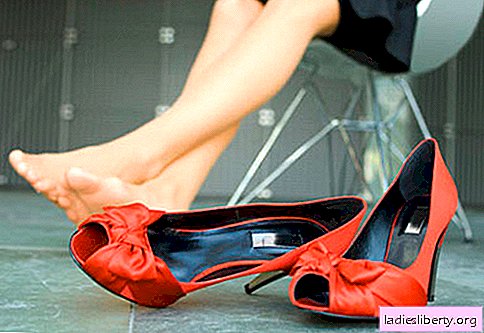
Autism (childhood autism) is a disorder that occurs when the brain is impaired. It is characterized by a pronounced deficit of social communication and interaction, as well as repetitive actions and limited interests. These symptoms appear in children under three years of age. Similar conditions, marked by milder symptoms and signs, are related to disorders of the autistic spectrum.
With the disease, characteristic changes in the brain areas are noted, however, it is not clear exactly how they develop. With early cognitive and behavioral intervention, a child who has autism can be helped, but currently there are no known methods that can completely cure autism. Autism is classified as a disease of the nervous system, which manifests itself, first of all, in stubborn unwillingness to contact with others and in a delay in development.
Autism - Causes
The causes of autism are related to genes that influence the occurrence of synaptic connections in the brain. The genetics of the disease is quite complex, it is not clear what affects the occurrence of autistic disorders: rarely occurring mutations or the interaction of many genes. There is currently no scientific evidence for a hypothesis linking autism to childhood vaccination. Symptoms of the disease may not appear physiologically; observation of the reactions and behavior of the child allows recognition of the violation.
The causes of autism have not been fully identified, however, experts identify such possible options: parental attitudes, environment and living conditions.
Autism - Symptoms
Autism is a violation of the development of the nervous system and is characterized by a variety of manifestations, first noted in childhood. The course of the disorder is stable and, as a rule, without remissions. In a milder form, symptoms persist in adults. To determine autism, one symptom is not enough, a characteristic triad is required:
- interrupted communication
- lack of social interactions
- repeated behavior and limited interests
Other aspects (food selectivity, sleep and appetite disturbances, seizures, outbursts of anger) are quite common with autism, however, they are insignificant in diagnosis. Autism is a condition characterized by persistent estrangement from the outside world, the predominance of a closed inner life and the poverty of expressing emotions.
Autism Diagnosis
Diagnosis of autism is based on an analysis of behavior, and not on causal factors or mechanisms of the disorder. The list of symptoms includes the repeating or stereotypical nature of speech, the absence of emotional or social reciprocity, an obsessive interest in certain subjects. The disorder should be noted in a child under 3 years old and be characterized by deviations in social interactions or developmental delay, problems in imaginative games. It is important to rule out Rett syndrome or childhood disintegrative disorder.
Autism - Treatment
Autism correction must be comprehensive. The leading place is given by specialists to psychological and pedagogical work. Of course, drug treatment is necessary and appropriate in many cases, but you need to understand that you need to be very careful when approaching the prescription of various drugs, including the stimulating effect. Parents should not interfere with the treatment process. Self-administration of any drugs is unacceptable. Currently, many effective methods have been developed that are aimed at the correction and treatment of autism.
For example, communication therapy helps the child develop independence, adaptation skills, and independence. Good results are given by audio training and vocal training. In addition, it is necessary to engage in physical therapy, helping the child learn how to control his body correctly. Parents should try to understand their child and establish contact with him. Communicating with families who have also experienced autism is very helpful.











